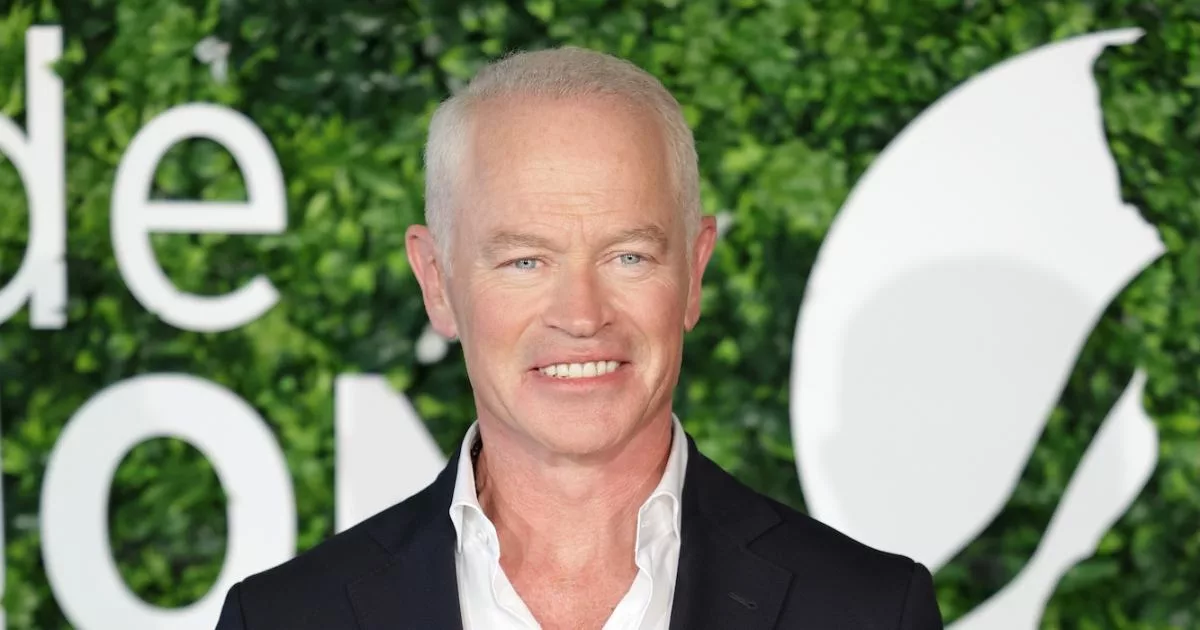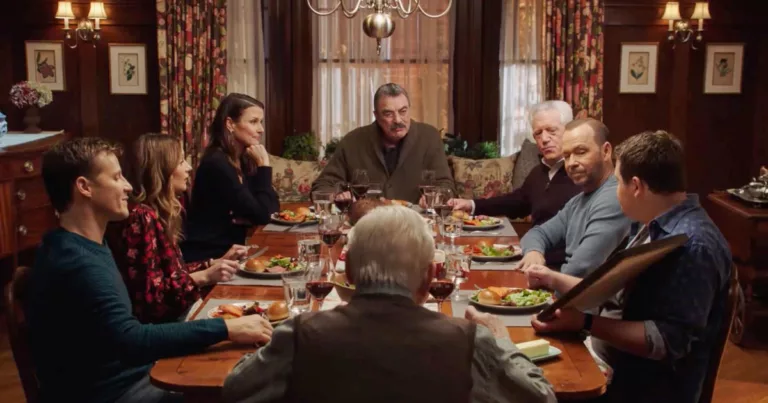Neal McDonough Hollywoods Backlash Over His Refusal to Kiss on Screen
Neal McDonough, known for his roles in “Desperate Housewives” and “Suits,” has made headlines recently by claiming that Hollywood “turned” against him for refusing to film kissing scenes. In a candid interview on the podcast “Nothing Left Unsaid,” McDonough revealed that his commitment to his marriage and faith has led him to decline intimate scenes with female co-stars.
At 59, McDonough has carved out a successful acting career but has faced significant challenges due to his personal convictions. He explained that he has always included a clause in his contracts prohibiting on-screen kisses. “I’d always had in my contracts that I wouldn’t kiss another woman on screen,” he stated. The actor emphasized that this decision stemmed from both respect for his wife, Ruvé Robertson, and his religious beliefs.
Despite his wife’s support for his stance, McDonough noted that the industry did not share the same understanding. “When I wouldn’t do it, and they couldn’t understand it, Hollywood just completely turned on me,” he said. He did not specify which project prompted this backlash, but he vividly recalled the aftermath: “For two years, I couldn’t get a job, and I lost everything you could possibly imagine.”
The impact of his decision extended beyond just job opportunities; McDonough described a profound loss of identity. “My identity was an actor, and a really good one. Once you don’t have that identity, you’re kind of in a tailspin,” he reflected, acknowledging the emotional turmoil he faced during that time.
Over the years, McDonough has appeared in various acclaimed series and films, including HBO’s “Band of Brothers,” “Arrow,” and “Yellowstone.” His notable turn as Edie Britt’s mysterious husband on “Desperate Housewives” solidified his status in the industry. However, this controversy is reminiscent of past incidents where actors faced similar dilemmas regarding their personal beliefs and professional expectations.
In 2019, McDonough revealed that he was fired from the ABC drama “Scoundrels” after refusing to film sex scenes. He recounted feelings of being mischaracterized as a “religious zealot,” which further complicated his career. “It was hard for a few years,” he shared, until he received a call from “Band of Brothers” producer Graham Yost offering him a role on “Justified.” This opportunity marked a pivotal moment in his career, allowing him to reclaim his identity as an actor.
The conversation surrounding McDonough’s experience ties into broader trends within Hollywood, where personal beliefs increasingly intersect with professional roles. Many actors, such as Penn Badgley from “You,” have openly discussed their decisions to avoid intimate scenes, citing personal commitments and values. McDonough’s situation highlights the ongoing tension between personal integrity and industry expectations.
Social media reactions to McDonough’s comments have been mixed. Some fans commend his dedication to family values, while others express skepticism about the feasibility of maintaining such principles in a competitive industry. The dialogue reflects a shifting public sentiment, as more audiences support actors who prioritize their personal beliefs over conventional career paths.
Looking ahead, McDonough’s future in Hollywood remains uncertain. His refusal to conform to industry norms may limit his opportunities, but it also sets him apart as an actor with a strong moral compass. Will this controversy affect his chances during awards season? It’s hard to predict, but one thing is clear: McDonough’s stand has sparked conversations about authenticity and integrity in Hollywood.
Recently, McDonough has sought to reinvent himself physically as well, shedding 32 pounds for his roles in upcoming films “Skillhouse” and “The Last Rodeo.” He revealed that he reached his highest weight of 225 pounds while filming “Captain America” a decade ago. After a lifestyle change that included intense workouts and a revised diet, he now feels healthier and more prepared for the demands of acting.
As McDonough navigates the complexities of his career and personal life, his story serves as a reminder of the sacrifices many artists make in pursuit of their principles. Whether he will find success in future projects that align with his values remains to be seen, but his journey underscores the evolving landscape of Hollywood, where personal beliefs and professional choices increasingly intersect.
In a world where the lines between personal and professional are often blurred, McDonough’s steadfast commitment to his beliefs may resonate with audiences seeking authenticity in their favorite stars. As the entertainment industry continues to grapple with these issues, McDonough’s experience adds another layer to the ongoing conversation about integrity, sacrifice, and the ever-changing dynamics of fame.





